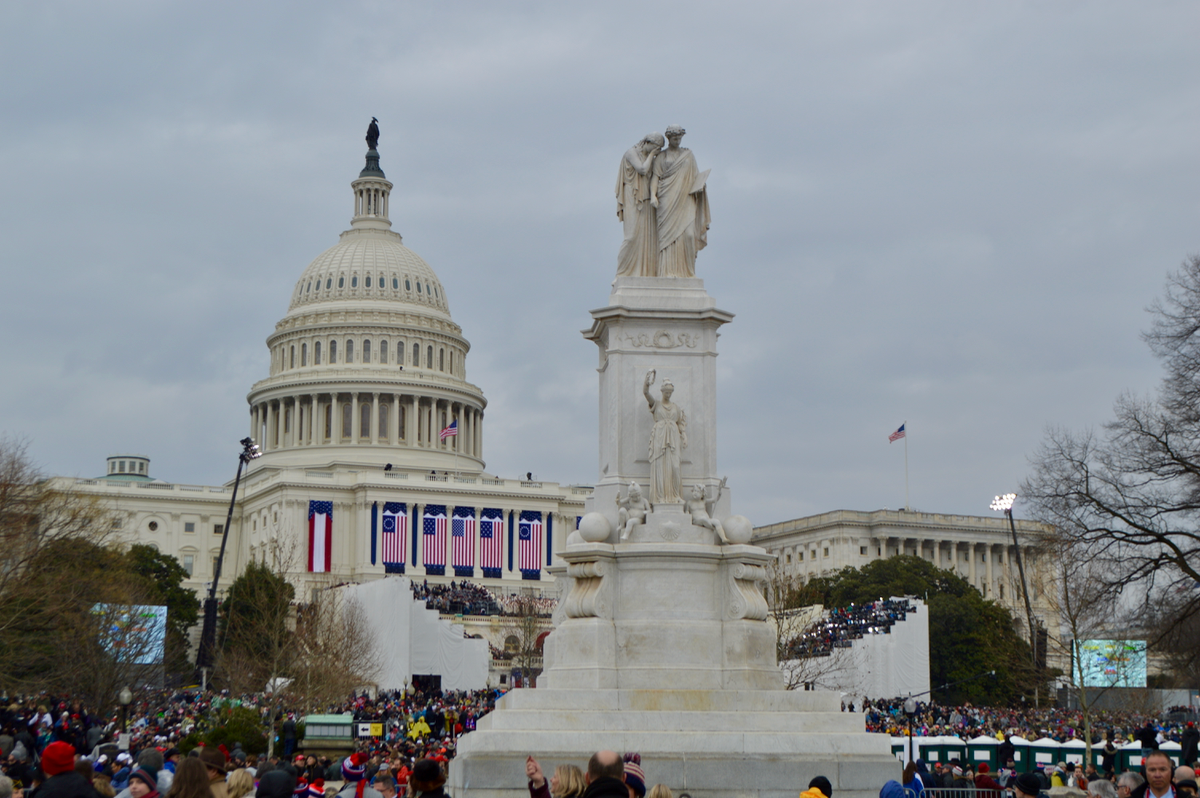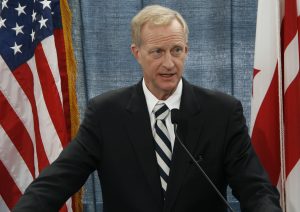On Feb. 13, Washington, D.C. citizens and lawmakers held a rally and meeting a block away from the Capitol Building as a part of the burgeoning #HandsOffDC movement. The movement was in reaction to a vote that took place in the House Committee on Oversight and Government Reform, in which the committee voted to block D.C.’s Death With Dignity Act, a bill that would legalize euthanasia in the District. The bill passed the D.C. City Council, and was approved by Mayor Muriel Bowser. Due to D.C. “home rule” laws, before a bill can become a law in the District, it must pass a 30 day period in Congress, when it can be blocked by representatives.
With a Republican-controlled Congress and a Democratic city council and mayor, D.C. faces the prospect of having many more of its laws blocked.
This Editorial Board believes that Congress should have little to do with the passing of Washington, D.C. laws, and should not obstruct them in the future.
There are almost 500,000 registered voters in the District, none of whom has any say over a single member of Congress. It is unfair that bills passed by democratically-elected representatives in the city should be overturned by representatives who were not elected by D.C. residents.
Surely any member of the House would balk at the idea of the D.C. City Council having a say over laws from his or her home state. Why, then, does the reverse seem reasonable to the 22 members of the committee who voted to block the bill?
With a population of 680,000, Washington, D.C. is larger than both Wyoming and Vermont, each of which is given two Senators and a member of the House of Representatives. D.C. is only given one delegate to Congress, who cannot vote. This creates a scenario in which D.C. residents cannot vote on the leaders who have the final say over their laws.
In light of this imbalance, we call on members of the House Oversight Committee to allow the swift passage of District laws. By blocking the passage of bills approved by city council and the mayor, Congress is obstructing the democratic process and overriding the political will of all of the District’s citizens.The importance of this matter is larger than any one issue or law. It is about the right of almost 700,000 U.S. citizens to have their voices heard in government.






